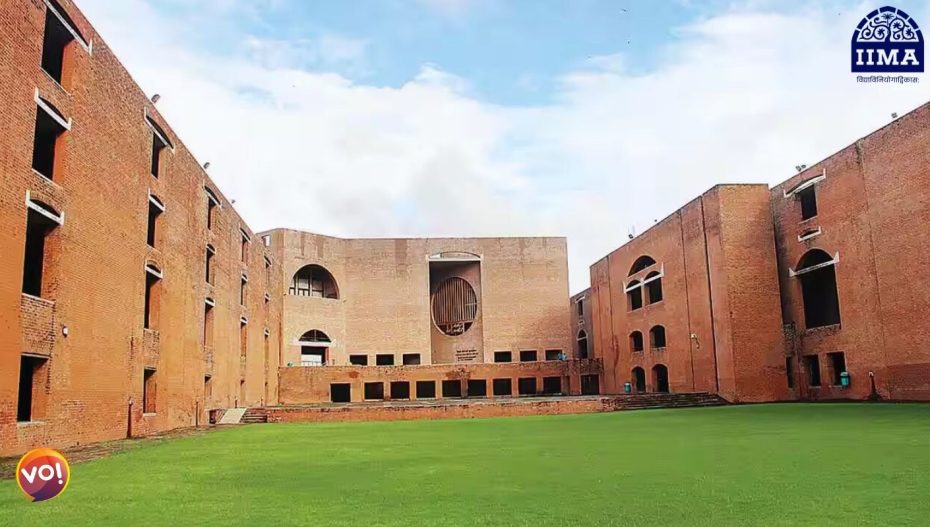As the coveted Indian Institute of Management Ahmedabad (IIM-A) is implementing reservations in PhD admissions from the new academic session, there is a story of a three-year long legal battle behind this.
It must be recalled that IIM-A was the only institute among the 20 premier Indian management institutes in the country that did not implement the quota system for Scheduled Castes (SC), Scheduled Tribes (ST), Other Backward Classes (OBC) and Persons with Disabilities (PwD.
A Public Interest Litigation (PIL) was filed in 2021 by Anil Wagde, a member of the Global IIM Alumni Network seeking implementation of reservation in IIM-A’s PhD programmes, which were earlier known as Fellows Programme in Management (FPM).
IIM-A is one of the last institutions to implement reservation in PhD courses. The lack of representation in PhD programmes has resulted in very low representation in IIM faculty. IIM-A does not have a single SC, ST or OBC faculty member, and only one Muslim faculty member has been recruited recently.
The PIL argued that IIM-A’s failure to provide reservation in its PhD programmes, initiated in 1971, was in violation of constitutional provisions, the Central Educational Institutions (Reservation in Admission) Act and University Grants Commission guidelines.
IIM-A initially opposed the idea, saying it was a ‘super-specialised programme’ for which neither the Indian Constitution nor any other law mandated quotas. The institute also highlighted that admissions for the programme were low, making reservations impractical.
In an affidavit submitted to the Gujarat High Court in November 2022, IIM-A argued that imposing quotas in such a high-level of academic expertise could be counterproductive and cause injustice to other meritorious students.
The institute stressed that ‘operational freedom’ was central to the ethos of IIM-A, and there was no legal violation in not implementing reservations in PhD programmes.
IIM-A also emphasised its autonomy as a statutory institution under the IIM Act of 2017. The Act designates IIM-A and other IIMs as ‘Institutes of National Importance’, providing them independent governance.
However, in a change of stance, on September 28, 2023, IIM-A voluntarily decided to implement reservations in its PhD programmes despite claiming that no law mandated such action for super-specialised courses. The institute informed the court in October 2023 that reservation for SC, ST, OBC, and PwD categories would be implemented for the academic year starting 2025.
IIM-A acknowledged the complexities of implementing the new policy. In an affidavit, the institute clarified that devising a fair and non-discriminatory methodology would be a challenge.
An internal committee of faculty members has been tasked with developing an implementation framework, but the process is expected to take time. The affidavit, submitted by Chief Administrative Officer Col Amit Verma, said on an average only two to three students were admitted per PhD in the area of specialisation, which was putting the committee facing significant hurdles in devising an effective system.
IIM-A offers doctoral expertise in a range of areas including economics, finance, accounting, human resource management, marketing, and more. Applicants have to take the Common Admission Test (CAT) or a comparable standardised test based on expertise.
With the policy change, the institute will open its doors to a wider range of students, ensuring greater inclusivity in its PhD programmes, which is an important step towards diversity in higher education.
Applications for the 2025 academic year began on September 19 and will be accepted through January 20.
Also Read: Stock Market Investment: Three Gujarat Districts Among Top 10 In India











